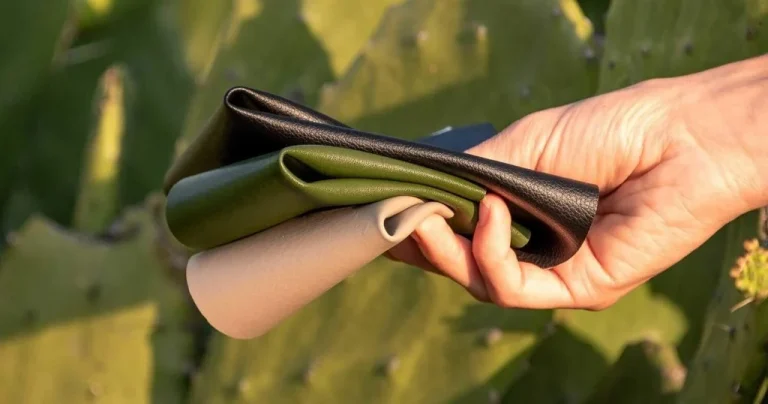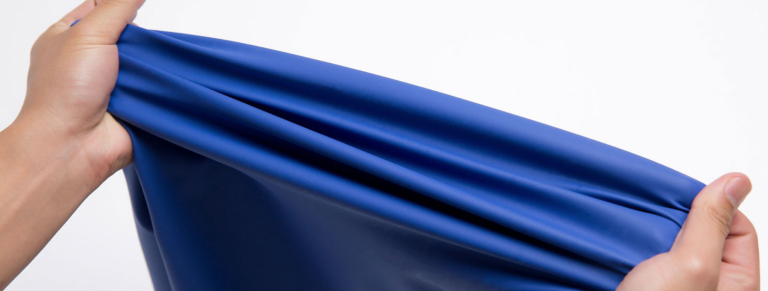Sustainability: Vegan leather surpasses traditional leather in sustainability due to its reduced resource requirements. Traditional leather production consumes significant land, water, and livestock feed, whereas vegan leather can utilize materials like recycled plastic bottles, cork, and mushroom leather, effectively lowering the environmental impact of manufacturing.
Animal Welfare: Unlike traditional leather, which involves raising and slaughtering animals for their skin, vegan leather is a cruelty-free alternative. It eliminates harm to animals and addresses ethical concerns surrounding animal exploitation.
Versatility: Vegan leather is highly versatile and finds application in various products such as clothing, accessories, and home goods. It mimics the look and feel of traditional leather while offering additional benefits like lighter weight, enhanced durability, and resistance to water and stains.
Cost-effectiveness: Vegan leather is often more affordable than traditional leather, making it accessible to consumers who prioritize environmental sustainability and animal welfare.
Innovation: Growing interest in sustainable and ethical fashion has spurred innovation in vegan leather materials. Exciting advancements include alternatives like pineapple leather and apple leather, expanding choices for environmentally conscious consumers.
By opting for vegan leather, you support efforts to reduce environmental impact and promote animal welfare, all while enjoying stylish and high-quality products. Next time you shop for a new bag, jacket, or pair of shoes, consider choosing a cruelty-free and sustainable alternative to traditional leather.
If you have any questions or need assistance, please feel free to contact us anytime. We are available 24/7 to help. Thank you for considering sustainable choices.





